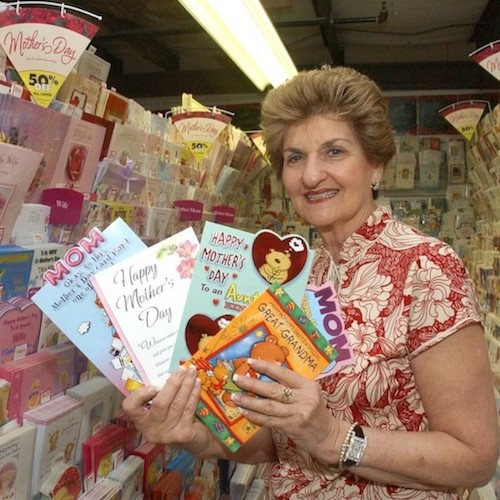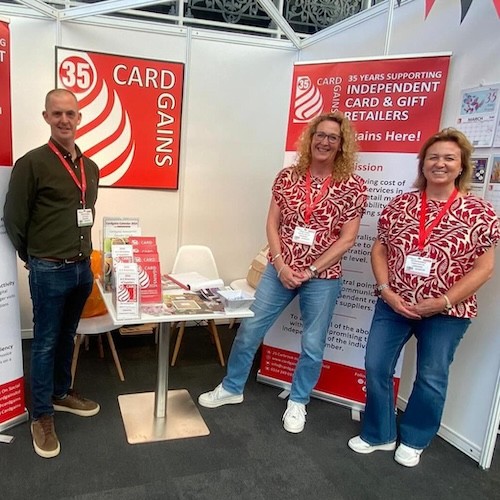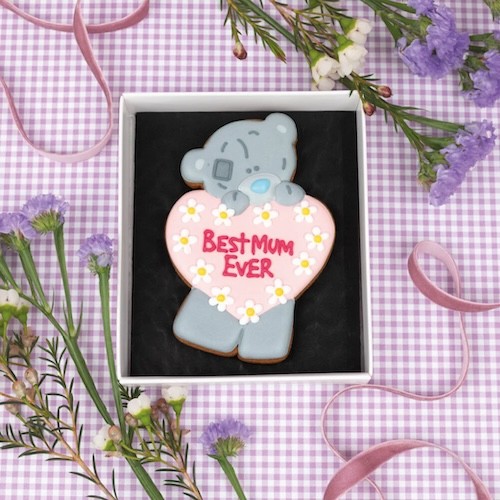Royal Mail’s announcement a few days ago that it is to increase the cost of a First Class stamp to 85p from the start of next year, a hefty rise of 9p, did not come as welcome news to those in the greeting card industry, concerned that it will have a dampening effect on greeting card sending next year.
At least though the price rise will not affect Christmas card sending this year, especially as Royal Mail recently announced findings that many members of the public are anticipated to send more Christmas cards this year. (https://www.pgbuzz.net/55-uk-adults-see-sending-christmas-cards-in-2020-as-more-important-than-ever-before/)
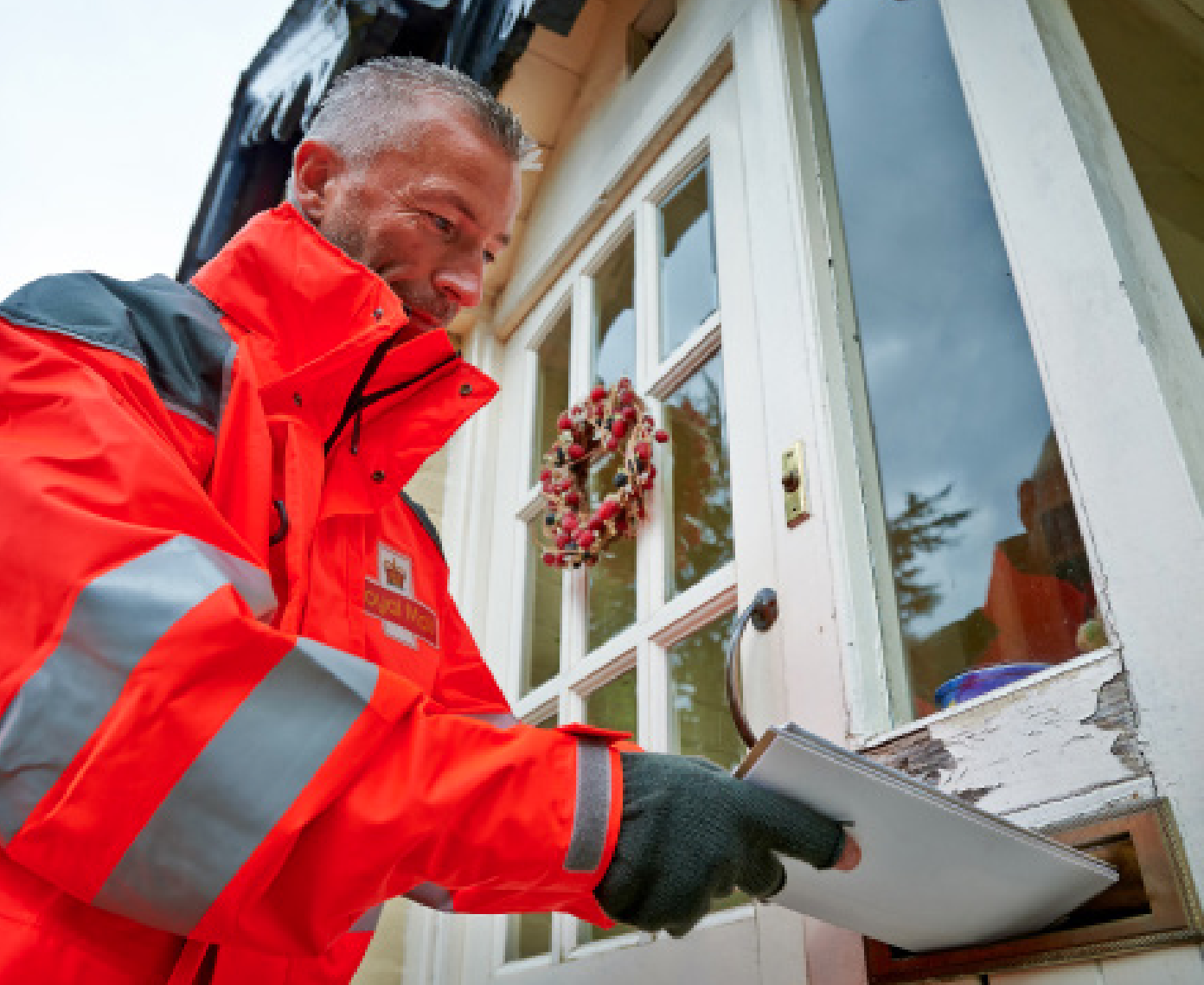
The January 1 price rise for Second Class is seen as more palatable, only increasing by 1p, taking the cost to 66p. Affecting large cards and those over 5mm deep, cost of a Large First Class stamp will rise by 14p (12%) from £1.15 to £1.29 while the cost of a Large Second Class stamp will increase by 8p (9%), from 88p to 96p.
The price rises come into effect less than nine months after the last increases, introduced on March 23, which saw the cost of a First Class stamp increasing by 6p to 76p and the cost of a Second Class stamp rising by 4p to 65p.
Justifying the January 1 2021 price increases, Royal Mail stresses that the UK stamp costs are “among the best value in Europe”. The UK’s postal operator blames the Covid-19 pandemic as the main reason for a sharp fall in letter volumes and therefore Royal Mail revenues.
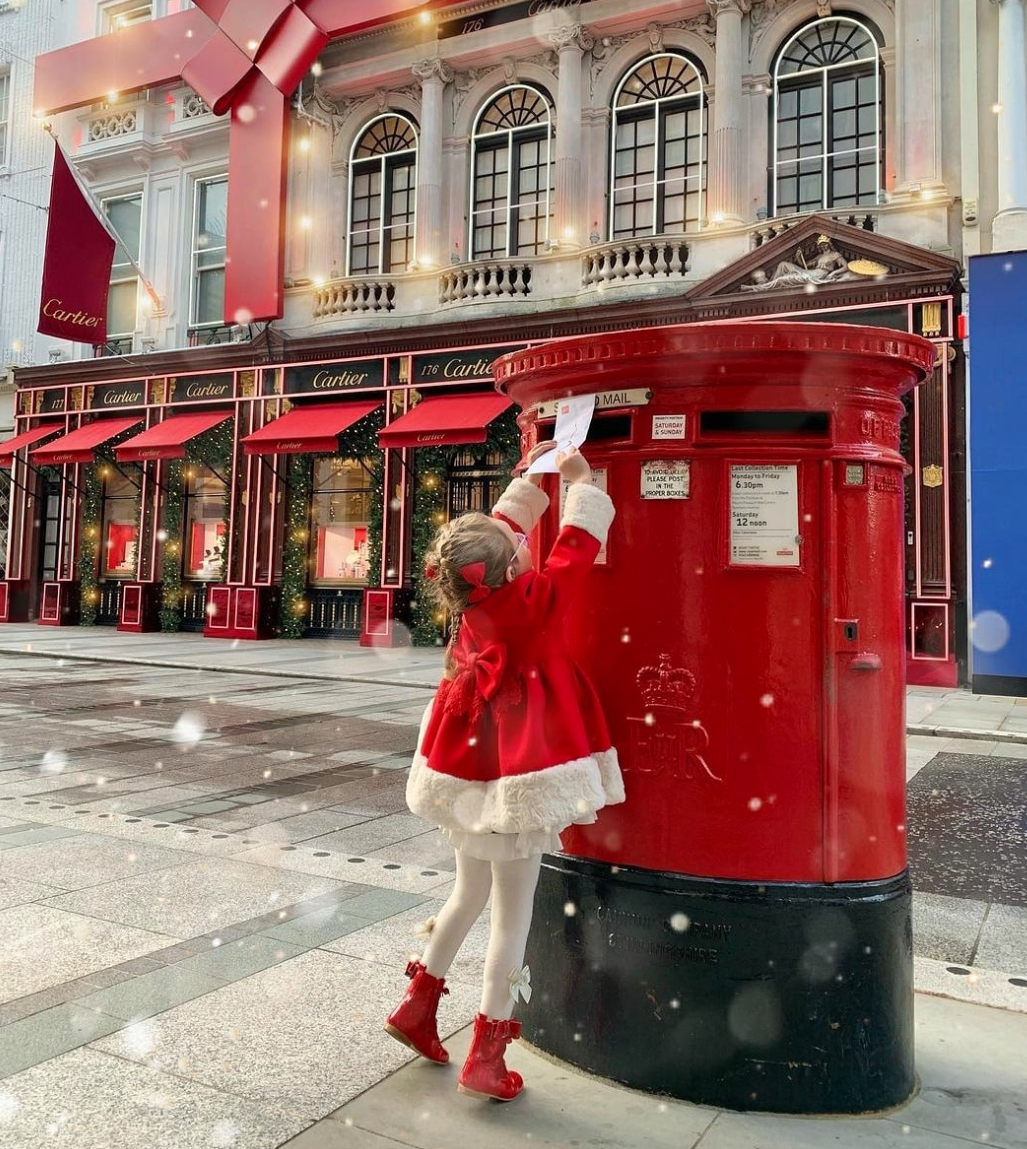
In an official statement, Royal Mail assures that it has “considered any pricing changes very carefully and in doing so have sought to minimise any impact on our customers. These changes are necessary to help ensure the sustainability of the one-price-goes-anywhere universal service.”
Another concern is that the rumours of plans to scrap a Saturday delivery in the UK (taking it down to deliveries on the five days of the working week) are looking more likely. This is based on Ofcom research findings which claim there would be no significant impact on consumers, plus a potential cost saving of £200 million a year. However, the fact that the poll was based on business users rather than members of the public are likely to have skewed the results.
The UK Government is to consider Ofcom’s Review and what this means for Royal Mail’s Universal Service Obligation.
Commenting on the recent announcement, Amanda Fergusson, ceo of the GCA said: “It is obviously very disappointing that Royal Mail finds itself having to impose these price rises, especially the big jump in costs for a First Class stamp. I understand Royal Mail’s commercial requirements, but I will continue to stress that our industry needs to be able to rely on an efficient postal service and importantly maintains a one-price-goes-anywhere stamp cost.”
Following on from the GCA’s recent feedback to Royal Mail (https://www.pgbuzz.net/gca-initiates-industry-response-to-concerns-over-royal-mails-review-of-postal-services/) the trade association has been invited to continue the dialogue.
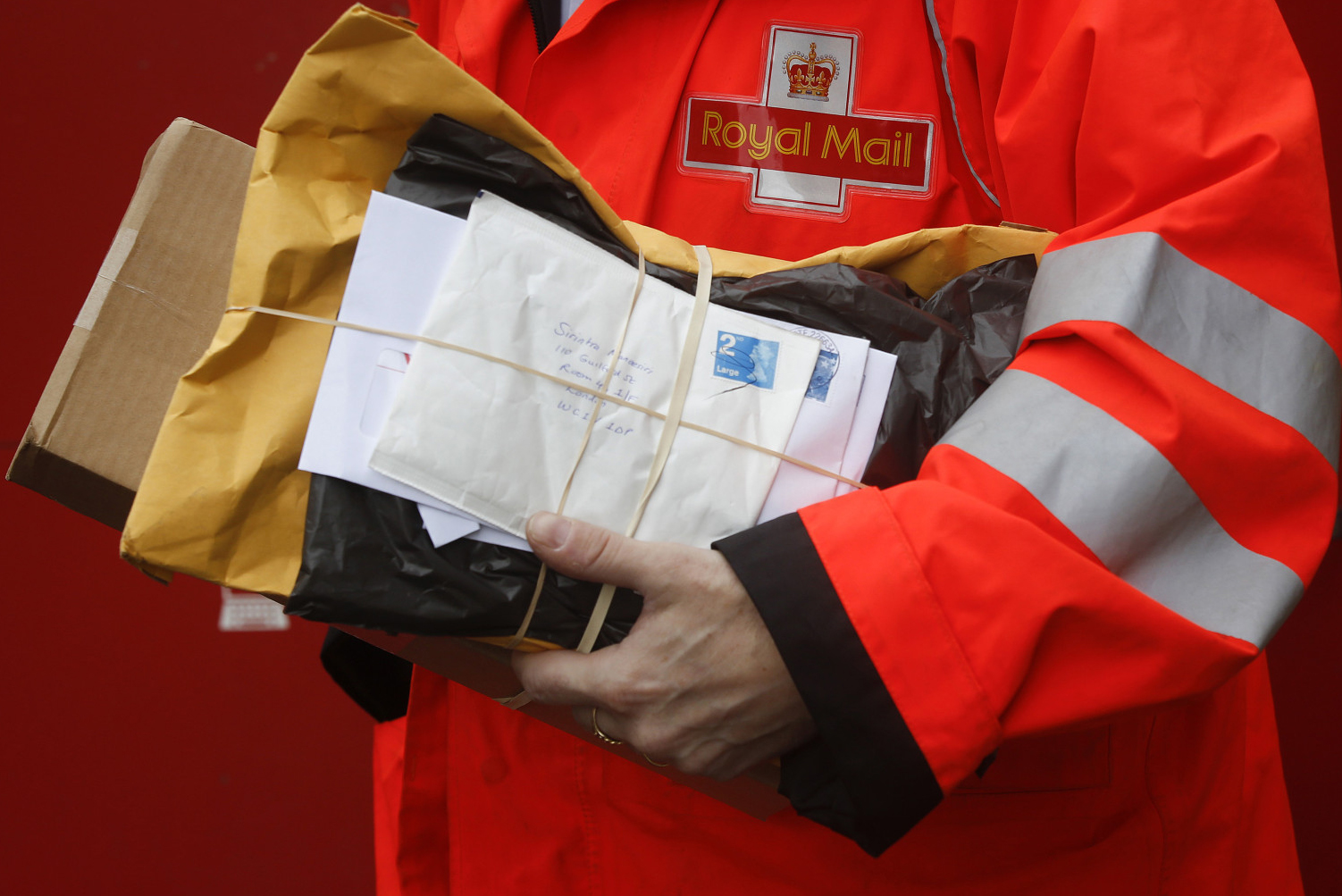
“The greeting card industry has a strong symbiotic relationship with the Royal Mail, we will continue to put forward our concerns and ideas for mutual benefit,” assured Amanda.
Top: The cost of a First Class stamp is to increase by 9p on January 1, taking it to 85p.















